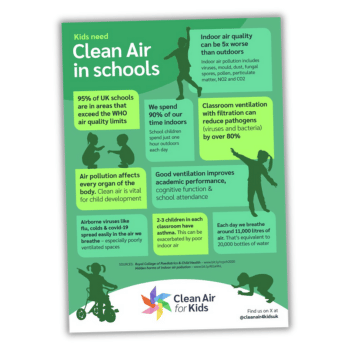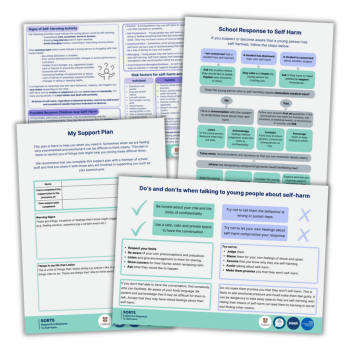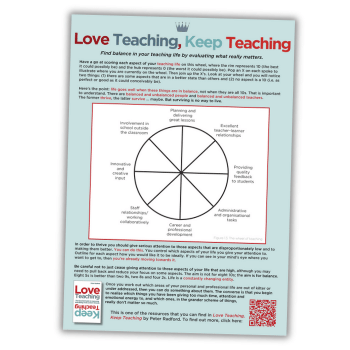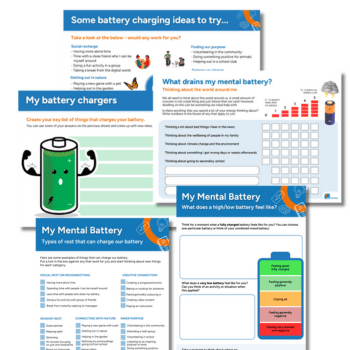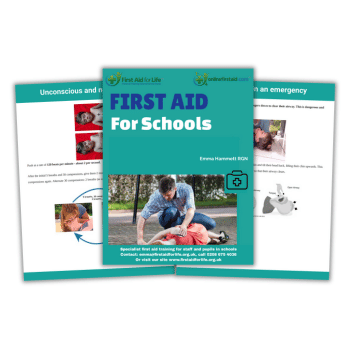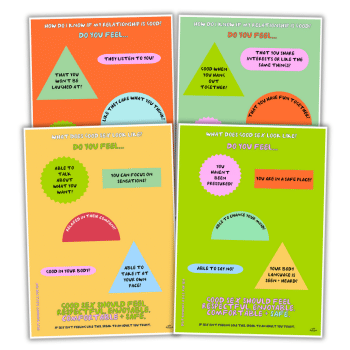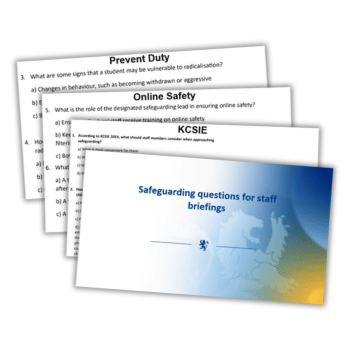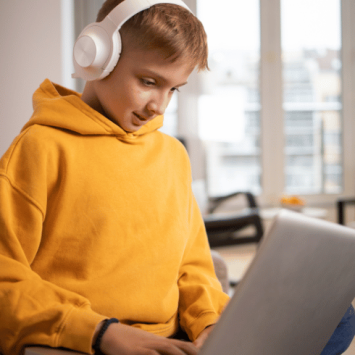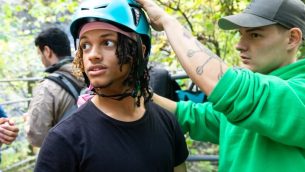Secondary Health & Wellbeing
With mental health in schools such a big talking point, we've rounded up the best ideas, mental health education lesson plans and mental health resources to help you to help your whole school. Hear from the trailblazers who are championing wellbeing in schools – not just on Mental Health Day, but all year round.
Explore Secondary Health & Wellbeing
Free Secondary Health & Wellbeing Resources
Secondary Health & Wellbeing CPD Downloads
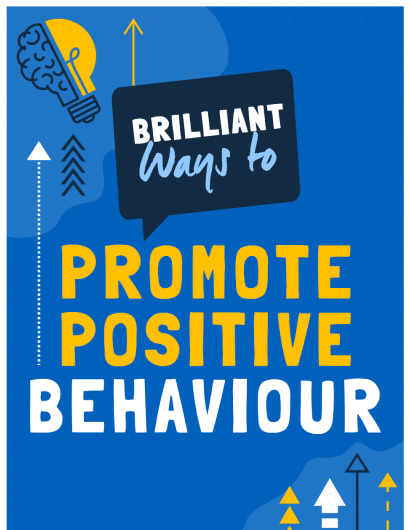
Take the stress out of behaviour management with this free eight-part guide to dealing with the thorniest disciplinary issues
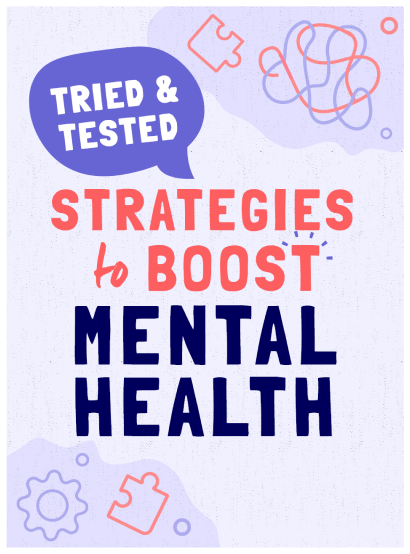
For advice on building secondary students’ resilience and supporting good mental health, look no further than this eight-pa... more
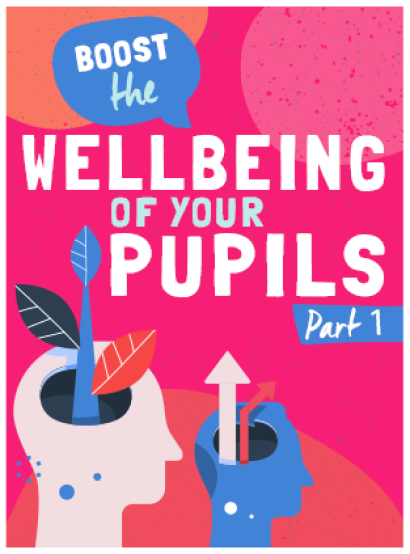
Learn strategies for improving the wellbeing of secondary pupils, and improve your pastoral offering
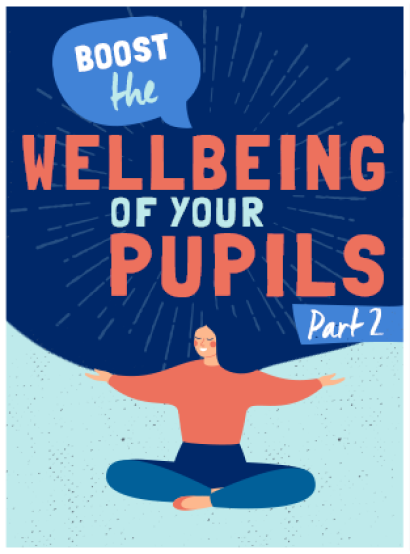
Increase your knowledge around teenage mental health and wellbeing and discover new strategies to help in this free CPD bundl... more

